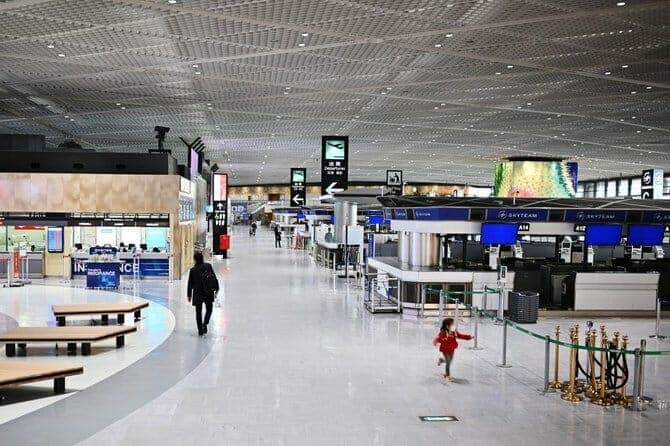-
The project will cover the airport’s passenger terminals, including the private aviation terminals, industrial zone, and support facilities
-
It will also cover the airport’s water transfer and treatment plants, substations, the airfield, and district cooling plants
Saudi Arabia-based Riyadh Airports Company has tapped French energy group Engie for an energy-efficiency project at the King Khalid International Airport in capital Riyadh, said local reports on Sunday, August 1.
The project is aimed at reducing energy demand and costs at the airport and ensuring reliable supply through clean and renewable energy sources, said the reports.
It is expected to cover all passenger terminals, including the private aviation terminals, the airport’s industrial zone, support facilities, water transfer and treatment plants, substations, the airfield, and district cooling plants, said RAC, which manages and operates the airport.
The project is also expected help identify and develop cost-effective smart-energy-conservation measures with the optimal mix of clean-energy sources.
The project comes as part of the RAC’s efforts to enhance energy efficiency at KKIA as per the standards of the International Civil Aviation Organization, the General Authority of Civil Aviation, the Saudi Electricity Company, and the Saudi Standards, Metrology and Quality Organization.
RAC CEO Engineer Mohammed bin Abdullah Al Maghlouth was quoted by the local reports as saying: “The energy-efficiency audit includes improving energy efficiency on the supply and demand side, optimizing the distribution network, implementing cost efficiency measures through internal tariffs and billing structures, enhancing building energy management systems and pumping stations and water networks.”
Meanwhile, Engie is expected to analyze and design reliable and scalable system architecture to monitor and report energy and water consumption to allow for more optimal resource management from a centralized command and control center.







